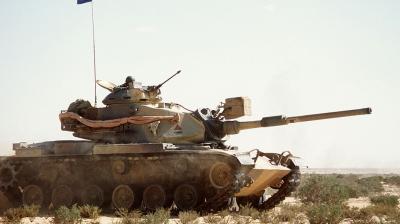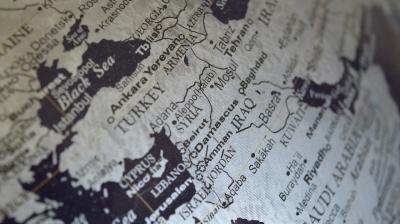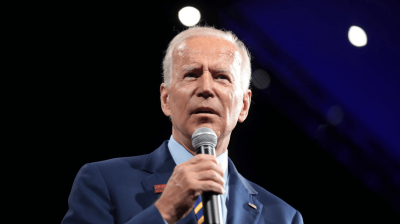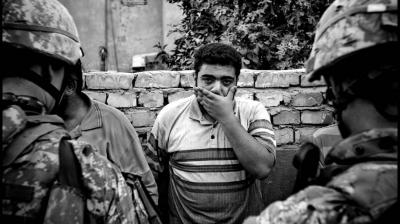Development, governance and conflict trends in the Middle East
Populations across much of the Middle East face mounting socioeconomic problems in terms of poverty, inequality, corruption and unemployment while, in the main, the political orders that govern their lives have limited capabilities and/or show little intent to address these problems in a fundamental manner. Neither large-scale socioeconomic improvements nor deep political reforms are on the cards as authoritarianism continues to re-entrench across the region, including its heavyweights Turkey, Iran and Saudi Arabia.
Tense geopolitical relations worsen socioeconomic problems and sustain authoritarian political orders through securitisation of discourse and policies, as well as by distracting from domestic governance shortcomings. US interventions as extra-regional power have proven to be uniquely unconducive to regional stability over the past two decades. Despite recent talks between Ankara, Tehran, Riyadh and Abu Dhabi, crises and competition will likely remain the norm in the near term since none of the underlying drivers of the region’s core conflicts have yet been resolved. This suggests more misery lies in store for many within the Middle East while greater negative externalities will affect those that live around the region.
Although the vicious cycle between socio-economic deterioration, authoritarian political order and geopolitical competition can only be restructured from within the region and over the long term via a gradual re-ordering of social and power relations, external actors like the EU or the Netherlands can give such processes positive nudges. These include, for example, greater efforts to contain conflict in the short term by stopping arms sales and increasing humanitarian aid; engaging in ‘soft power’ regional peacebuilding efforts in OSCE or EBRD-style; and improving as well as standardizing diplomatic toolkits to better protect protestors-at-risk on the basis of universally agreed human rights.
Read report.







